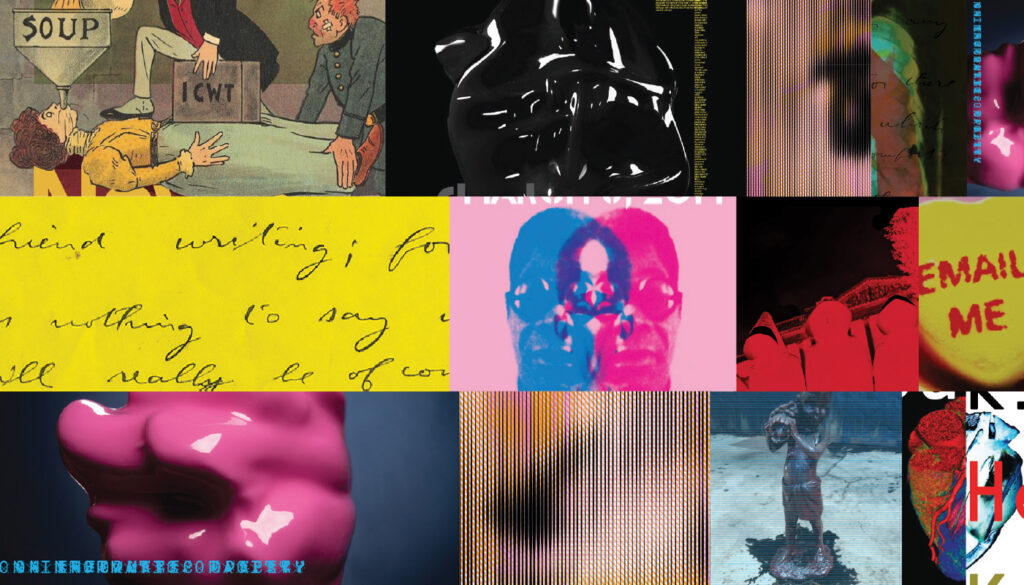Categories
Alexei YurchakWhere Did Lenin Go?: Critical Theory and the Unexpected Soviet Collapse
Thursday, May 9, 2013, 4:30pmThe collapse of the Soviet system was one of the most spectacular events of the last century, and one of the most unexpected. Why was it unexpected? Some reasons surely have to do with our dominant theoretical conceptions of political transformations, systemic collapses, and revolutions, which tend to focus on the causes or origins of these events. In the case of the “Soviet collapse” such analyses focus on the crisis of the Soviet economy, on the dissident political movements, on internal struggles among the communist party factions, on the charismatic figures of Gorbachev or Reagan, and so on. However, what this focus on causality has trouble explaining is the unexpected nature of the Soviet collapse, which, until the final months of Soviet history, remained unimaginable to most Soviet citizens, political leaders and Western Sovietologists alike.
While the Soviet collapse had been in emergence for a long time, it was not inevitable in its timing or in its course. However, in retrospect it is clear that under certain circumstances this event could suddenly occur. To make sense of this momentous historic transformation one needs to take its unexpectedness and speed seriously. Therefore it may be more productive to approach it not through the prism of causality, but through the prism of contingency. In Niklas Luhmann’s helpful formulation, “[a]nything is contingent that is neither necessary nor impossible.” Contingent events function as privileged sites where the system’s hidden history and emerging future are revealed. How does one study contingent events? What critical approaches are necessary for their analysis?
This talk will consider the spectacular event of the Soviet collapse by focusing on the perturbations of the figure of Lenin in the final years of Soviet history, around 1989-1991. In those years the Communist Party’s attempts to revitalize the Soviet political system unwittingly produced the opposite effect of undermining it. At the center of that transformation was the Party’s announced goal to return Soviet ideology to “the true and authentic word of Lenin,” which, according to the Party theoreticians, had become contaminated by distortions, rewritings, and misinterpretations of Lenin’s works during the previous decades of Soviet history. However, the unforeseen effect of these efforts to recuperate the true word of Lenin was the realization that it was impossible to say which part of Lenin was true and authentic and which was a distortion. Lenin was unknowable. The crisis of legitimacy that followed this astonishing discovery enabled a rapid and unexpected unraveling of the Soviet polity.
This talk concludes our year-long series “On Affirmation and Criticality.” It is the fourth event in the series’ second segment: “At Odds: Critically Affirmative Culture.” Talks in this segment turn to the foundational opposition between critical theory and affirmation, to ask: Are we, as critical theorists, attached to keeping ourselves at odds with the world, perhaps at the cost of looking closer at the places where we are at odds with ourselves in the work of thinking and writing? Does the commandment to criticality not involve its own affirmations, consolations, and pleasures? And does affirmation necessarily involve anti-critical disavowal? Other speakers in the series include Sianne Ngai, James Currie, and Eric Hayot.
Alexei Yurchak is Associate Professor in the Department of Anthropology at the University of California, Berkeley, and currently a Fellow in the Helsinki Collegium for Advanced Studies. He is the author of Everything Was Forever, Until It Was No More: The Last Soviet Generation (Princeton University Press, 2005), which won the 2007 Wayne Wicinich Prize for the best book of the year from the Association of Slavic, East European and Eurasian Studies. He is currently working on two books: the first, Bioaesthetic Futurisms, focuses on experimental artistic milieus that emerged in Russia in the wake of the Soviet collapse; the second, Lenin’s Two Bodies, focuses on a peculiar, secretive and extremely elaborate biomedical science of the continuous preservation of Lenin’s body, and on the links between that science and the collapse of the Soviet political regime. His talk is drawn from the latter work in progress.
